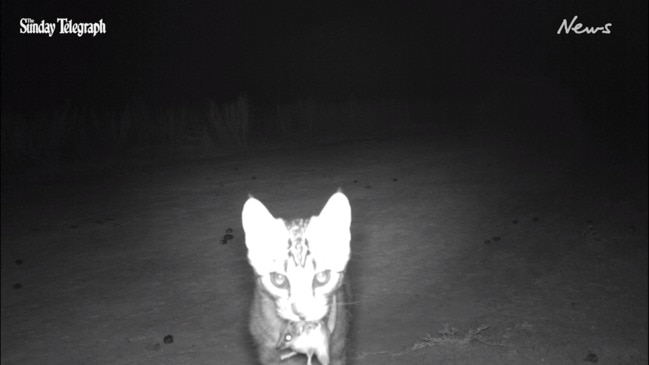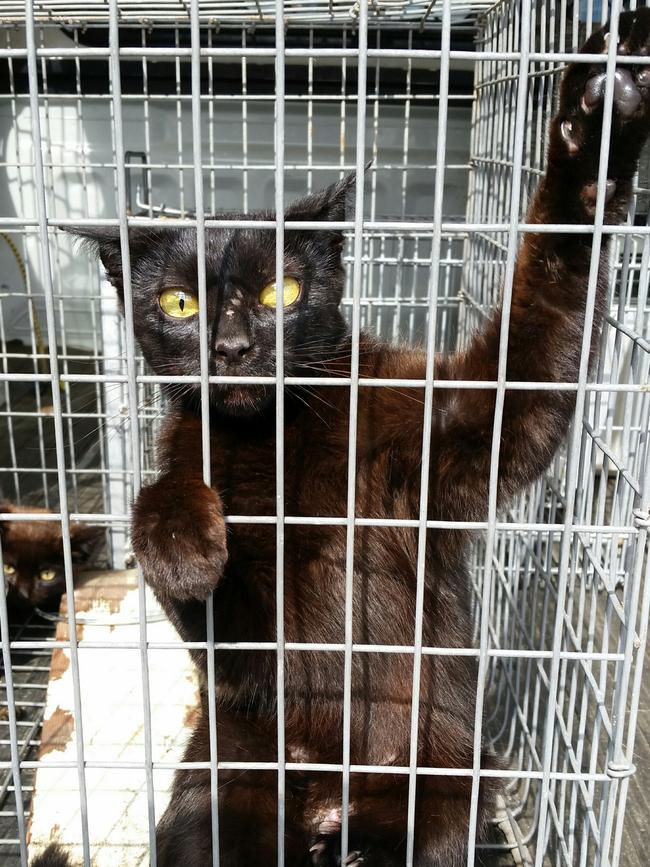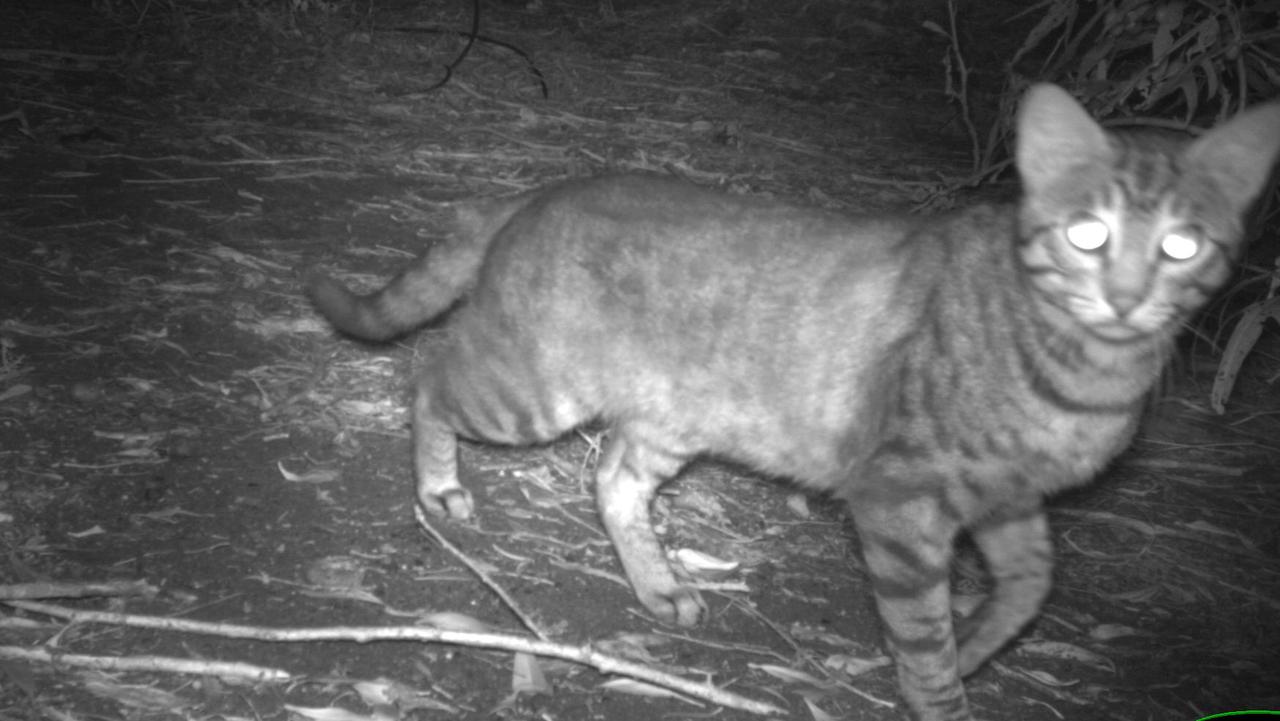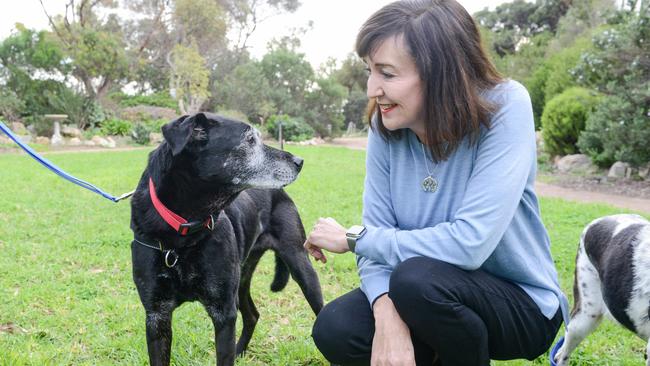Tea Tree Gully Council will stop using cat traps following legal advice
A council has scrapped a policy that allowed ratepayers to catch nuisance cats in cages, following legal advice it may be in breach of the Animal Welfare Act.

SA News
Don't miss out on the headlines from SA News. Followed categories will be added to My News.
Cats will no longer be trapped in cages if they cause a nuisance in the Tea Tree Gully Council area, following legal advice it may be in breach of the Animal Welfare Act.
The council this week discussed proposed cat by-laws after the state government’s draft amendments to the Dog and Cat Management Act failed to address cat registration, curfews and confinement.
As part of its report, the council stated it had received legal advice to stop trapping cats and providing free traps to residents, as there were “high” and “extreme” risks associated with trapping “identified” cats.
Ratepayers had been able to use a cat cage from the council for 14 days to capture a nuisance cat, however they had to be released immediately and unharmed, near the location of capture or returned to the owner.

Mayor Marijka Ryan said only a small number of people had requested cages, usually if a cat continued to trespass on their property.
“They probably knew the cat’s owner but wanted to trap it anyway and it might have come after some time when conversation was had between neighbours and the right outcome didn’t occur,” Ms Ryan said.
“It’s against the legislation and from our legal counsel, we’ve been told no more.”
The council last year surveyed the community on cat management and found 80 per cent of the 3400 respondents – and 58 per cent of people who owned cats – were in favour.
The council’s proposed cat by-laws, to be consulted on with the community, included a limit of two felines per property, mandatory registration and confinement to property between 10pm and 6am.
Tea Tree Gully Council was one of many to advocate for statewide cat management laws, with some councils, such as Campbelltown Council, already implementing 24/7 cat confinement rules.

“I do think the state government likes to leave a lot of the grunt work to councils … they have had to fill in the missing gaps and come up with their proposed by-laws,” Ms Ryan said.
Environment Minister Susan Close said as is the case across Australia, cat management was the responsibility of councils, however the amendments would give them more power to help owners find lost cats, in the same way they can pick up stray or wandering dogs.
“This would be a shift from current laws which do not allow cats with a microchip or collar to be collected and returned to their homes,” Dr Close said.
“The changes would also allow property owners to undertake humane lethal feral cat controls on their property, as long as there is no other home within 1km.
“This rule is aimed at allowing people in regional areas to deal with feral cats in a similar way to other pest animals, such as foxes.”

Other amendments included councils being able to dispose of a cat through rehoming or humane euthanasia.
Local Government Association president Dean Johnson said cats don’t abide by council boundaries and state legislation was needed in regards to cat containment, registration and welfare.
“While many cat owners are responsible, there are still unowned, roaming and feral cats that aren’t confined to one council area, which is why it’s time for South Australia to look at comprehensive statewide cat management laws as a solution,” Mr Johnson said.






